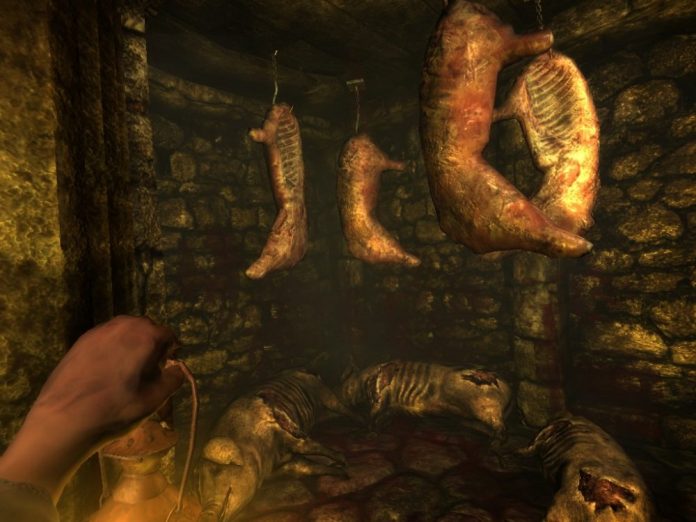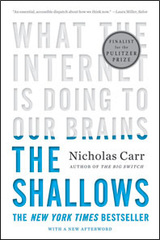This post was moved from the now no-longer-existent Brandonsoft developers blog and was originally written on April 6, 2012.

When I was first introduced to videogames when I was around 4 or 5, I was taught that there is only one way to play videogames, and that is to win. So ever since then, I have played videogames in order to win. Any single player game I would buzz through the main storyline and put the game down once I completed it. Any multiplayer game I would compete to be the very best, and that was all. It never really occurred to me that there was more to the world of videogames, especially single player games. Amnesia taught me different.
My friends told me to purchase Amnesia because they said it was the scariest game they had ever played. I never really thought that a videogame could be scary, so when the game finally went on sale on Steam, I picked it up, and I wasn’t dissapointed.
When I first started up the game, I was greeted with a message that said something along the lines of turn off the lights, wear headphones, focus, and don’t worry about winning or dying, saving will be taken care of. Needless to say, I was intimidated. However, I wanted to try this game out for what it was worth, so I followed the instructions.

Amnesia has a very unique, scary, architectural style.
For those of you who don’t know, Amnesia is a first person horror adventure game for the PC, where your character, Daniel, drinks an Amnesia potion and relives his memories in order to accomplish an overall goal. The main premise behind the game is that you are a normal person, who cannot fight back against any sort of monster that you may encounter, you may only run and hide.
Well, after about 20 minutes of playing the game with my lights off, headphones on, and full focus on my computer, I was immersed. I felt myself inside the game. I would lose track of time, pick up random objects and examine them, be interested in parts of the game that were not part of my current objective, and I was loving it. This was the first time this had happened to me, I felt like I was in another world while playing this videogame. Were all videogames like this? That discussion is for later. As for Amnesia, the game was very good. The story was very intriguing, the graphics were great, the sound was phenomenal, the overall design of the game is great, and the horror.. oh my.
Since you are not allowed to attack the monsters you encounter during the game, you become very weary about encountering them. And this makes you fearful. Not only is this game the type of horror that makes you jump out of your seat because something loud and unexpected happens, but it is the game that makes you scared to turn the next corner. Often times while playing, if I heard a noise I often times stepped backward out of fear. I wasn’t scared that I was going to die and possibly lose some progress, but instead I was scared that I would see something. The game makes you feel like you are there. The puzzles it contains are very interactive, and make you feel even more attached to the game. Overall, it is a completely immersive experience that I have never actually experienced before. This game was definitely worth every penny.
With that being said, since I enjoyed the immersiveness of Amnesia: The Dark Descent so much, I decided to play some other games in the same fashion, and it has made games much more enjoyable. For example, in The Elder Scrolls V: Skyrim, instead of focusing only on the main questline, I often times went off to explore, and this exploration led to new caves, which led to new people, which led to new quests, which led to a whole new world of fun! I am about 45 hours into the game and have not yet completed the second part of the main questline, and I am loving the game. I had the same experience with Mass Effect 2. I think this is the way games are supposed to be played, and I never knew about it before. Amnesia: The Dark Descent not only gave me a great 10 hour long horrifying adventure, but it also taught me how to enjoy videogames to a whole new level.



